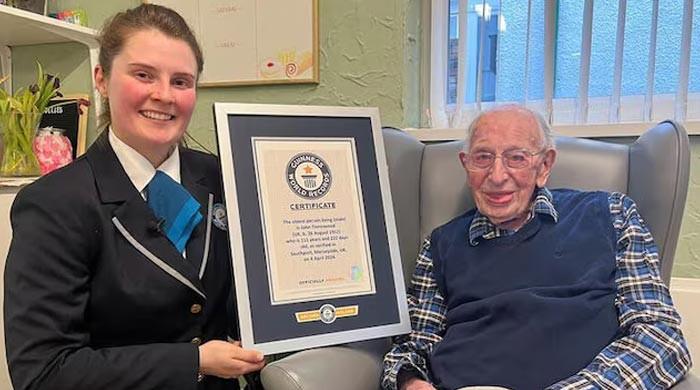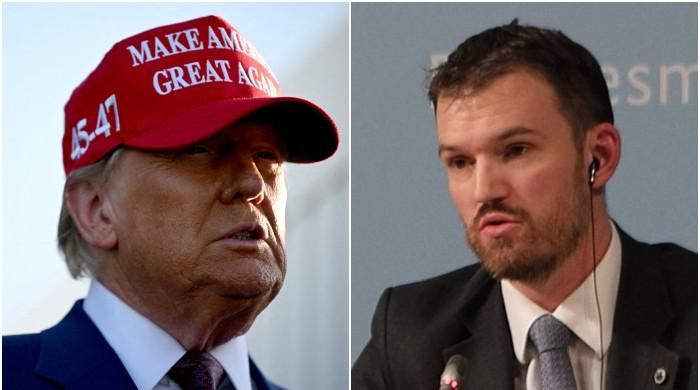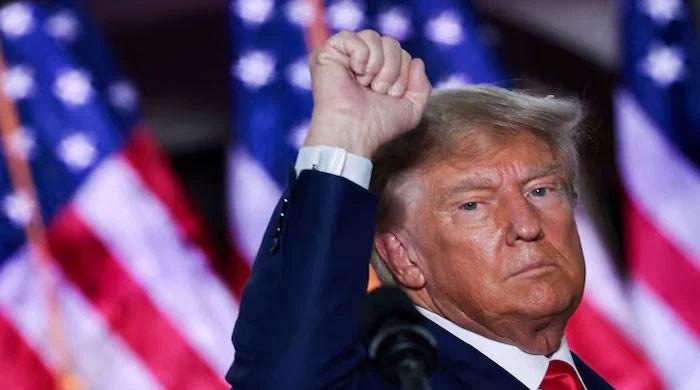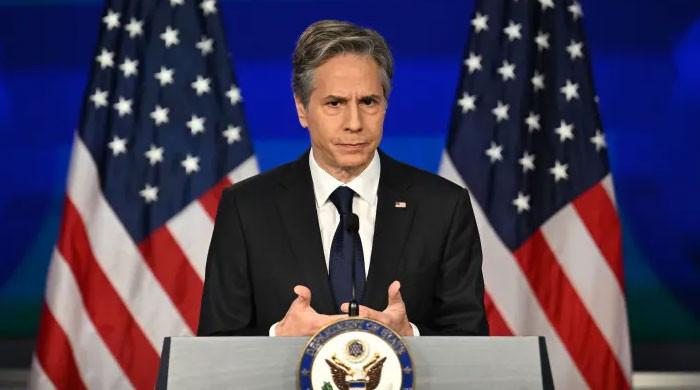US to warn China of perils of aiding Russia at Rome meet
US NSA Jake Sullivan plans to meet China's top diplomat Yang Jiechi in Rome
March 14, 2022
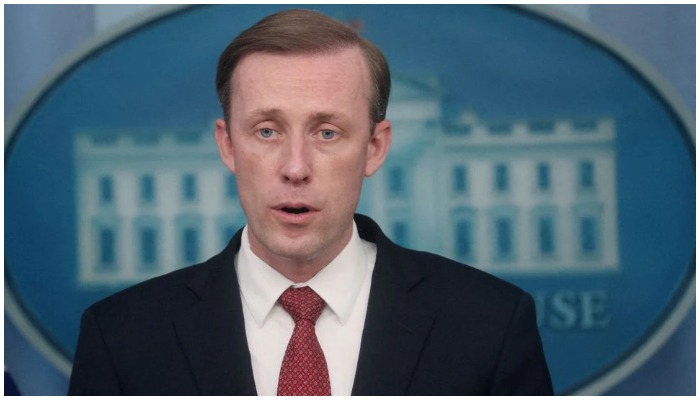
- US NSA Jake Sullivan plans to meet China's top diplomat Yang Jiechi in Rome.
- US official says Sullivan will warn of isolation China could face globally if it continued supporting Russia.
- Sullivan says US was watching closely to see how far Beijing provided economic or material support to Russia.
WASHINGTON: US National Security Adviser Jake Sullivan plans to meet China's top diplomat Yang Jiechi in Rome on Monday and will stress the economic penalties Beijing will face if it helps Russia in its war in Ukraine, US officials say.
Sullivan will warn of the isolation China could face globally if it continued to support Russia, one US official said, without providing details.
Officials of the United States and other countries have sought to make clear to China in recent weeks that siding with Russia could carry consequences for trade flows, development of new technologies and could expose it to secondary sanctions.
Chinese companies which defy US restrictions on exports to Russia may be cut off from American equipment and software they need to make their products, US Commerce Secretary Gina Raimondo said last week.
It will be Sullivan's first known meeting with Yang since closed-door sessions in Zurich in October that sought to calm tension after an acrimonious public exchange between the two in Alaska a year ago.
China is the world's largest exporter, the European Union's largest trading partner, and the United States' top foreign supplier of goods, and any pressure on Chinese trade could have knock-on economic effects for the United States and its allies.
On Sunday US officials told Reuters Russia had asked China for military equipment after its invasion, sparking concern within the Biden administration that Beijing might undermine Western efforts to aid Ukraine by helping to strengthen Moscow's military.
Sullivan told CNN on Sunday Washington was watching closely to see how far Beijing provided economic or material support to Russia.
"We are communicating directly, privately to Beijing, that there will absolutely be consequences for large-scale sanctions evasion efforts or support to Russia to backfill them," he said.
"We will not allow that to go forward and allow there to be a lifeline to Russia from these economic sanctions from any country, anywhere in the world."
Ties between the two nations, already at their lowest in decades, took a further plunge last month when leaders Xi Jinping and Vladimir Putin announced an upgraded "no limits" strategic partnership just weeks before the Ukraine invasion.
Beijing, a key trading partner of Russia, has refused to call Moscow's actions an invasion, although Xi last week did call for "maximum restraint" and express concern about the impact of Western sanctions on the global economy, amid growing signs that they limit China's ability to buy Russian oil.
Washington and its allies have imposed sweeping, unprecedented sanctions on Russia and banned its energy imports, while providing billions of dollars of military and humanitarian assistance to Ukraine.
China's Washington embassy expressed surprise about reports of Russia's request for military aid, which first appeared in the Financial Times newspaper, and a leading Chinese analyst suggested Beijing could act as a mediator in Ukraine.
Embassy spokesperson Liu Pengyu called the current situation in Ukraine "disconcerting" and added, "We support and encourage all efforts that are conducive to a peaceful settlement of the crisis."
Daniel Russel, who served as the top US diplomat for East Asia under President Barack Obama and has close ties to the Biden administration, called the prospect of China serving as a mediator to end the war "far-fetched".
That remained the case even if "Beijing may talk a good game about ceasefires and mediation to insulate itself from blame," he added.





